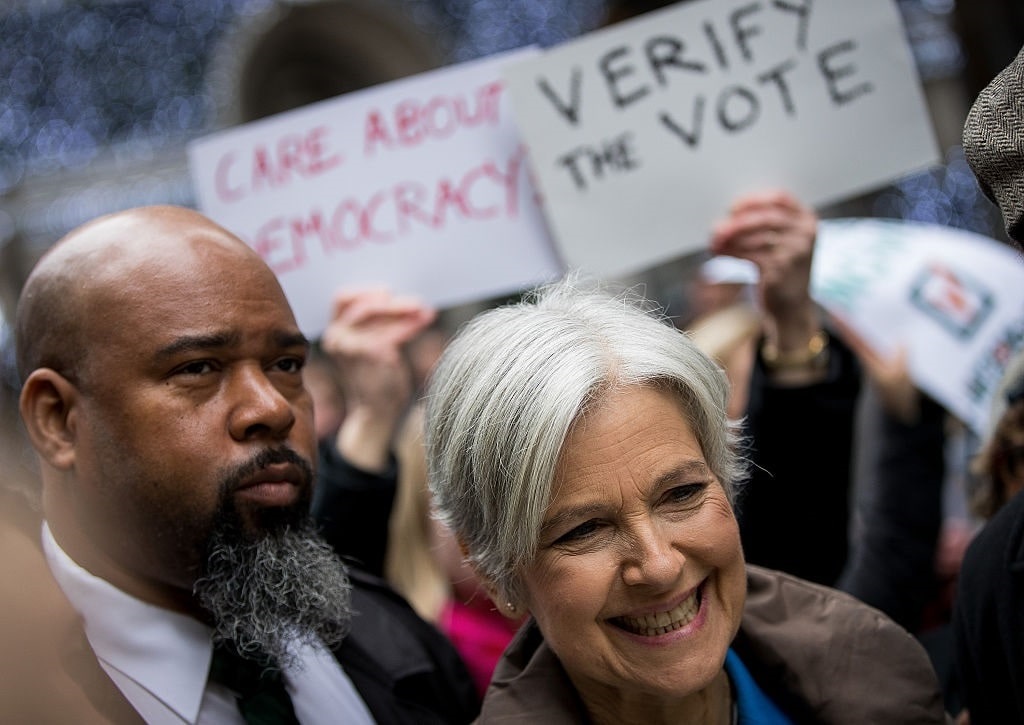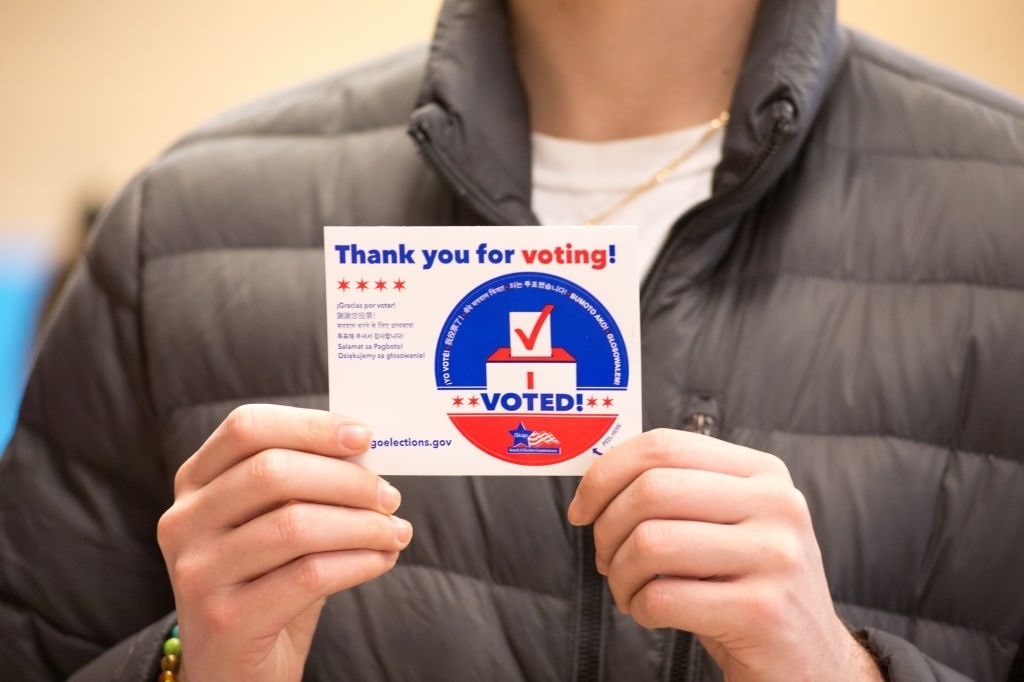Have you ever wondered why so few candidates for president are listed on the ballot come election day? There are a couple of reasons for this, and the three candidates not running as a Democrat or Republican are finding out the hard way just how demanding the process can be. This year Robert F. Kennedy Jr., Cornel West, and Jill Stein are all scrambling to gain ballot access – and they’re not getting very far, very fast. Here’s why.
 The United States does not conduct one election run by the federal government. Instead, the US conducts 50 individual state elections, along with territories such as the District of Columbia and Puerto Rico. Each state or territory comes to the table with its own election rules. However, one thing they all have in common is that it’s much simpler to get on a state ballot if you are a Democrat or Republican. Take RFK Jr. for example.
The United States does not conduct one election run by the federal government. Instead, the US conducts 50 individual state elections, along with territories such as the District of Columbia and Puerto Rico. Each state or territory comes to the table with its own election rules. However, one thing they all have in common is that it’s much simpler to get on a state ballot if you are a Democrat or Republican. Take RFK Jr. for example.
A scion of the family long identified so prominently with the Democratic Party found it so unwelcoming that he chose to abandon it, to strike out on his own and run as an independent. Now he’s working overtime to get his name on state ballots – sweating it out trying to meet multiple deadlines with nebulous rules.
According to the Kennedy Campaign website, it has gathered enough signatures in seven states, but he’s still colliding with some ballot access snags. For example, Kennedy gathered 16,000 signatures to get on the ballot in Nevada, only to have election officials announce they may not be valid. Silver State election authorities are saying RFK Jr. needed to have the name of his vice-presidential choice listed before gathering signatures and is threatening to throw the petition out and force them to start over. Naturally, Kennedy advisers were furious, claiming Democrats were just toying with their candidate. And they may have a point.
Big Parties Are Not Big Tents
Ballot access for individuals and even smaller parties has long been a series of hurdles that require time, treasure, a massive organization of warm bodies, and distinct timing. In fact, some might describe these barriers to entry as entirely undemocratic. Gaining access to all 50 states is cumbersome at best and, at worst, practically impossible for a candidate not of the two main parties.
Meanwhile, the Cornel West campaign website shows its candidate will be appearing on the ballot in South Carolina, Utah, and Oregon. West just announced his running mate this week, presumably for the same reason as Kennedy: ballot access.

Jill Stein (Photo by Drew Angerer/Getty Images)
Candidate Jill Stein’s ballot access map is a bit more complicated. Down-ballot candidates representing Ms. Stein’s Green Party have qualified in approximately 20 states, but Stein herself has only gained ballot access in Idaho thus far.
In many states, gaining ballot access is simply a bridge too far. Each state has a “window” of time when petitions must be submitted. A few states are pay-to-play and require an independent candidate to pay a filing fee instead of submitting a petition, others require both. In Oklahoma a candidate may choose his or her poison and fork over either 34,599 signatures or pay $35,000 for ballot access. If it sounds like a racket, that’s because it is.
It may come as no surprise to learn that state election official are members of the two dominant political parties. This is why one can count the number of impactful third-party candidates over the last century on two hands at the very most.
Third-Party Spoilers
In 1924, Robert M. La Follette ran as a member of the Progressive Party but ultimately succumbed to “Silent” Calvin Coolidge. In 1948, Dixiecrat Strom Thurmond was run over by the Harry Truman freight train. It took another 20 years before George Wallace ran as a candidate for the American Independent Party. Wallace – best known for his rallying cry, “Segregation now, segregation tomorrow, segregation forever” – won just over 13% of the vote and five states in 1968 and may have learned his lesson about running as an independent because the next two times he sought the office of president – in ’72 (when he was shot) and again in ’76 – he sought the Democratic nomination. In 1980, John Anderson ran as an independent. However, Anderson peaked too early in the race against Jimmy Carter and Ronald Reagan and finished in single digits.
Then in 1992, Ross Perot mounted one of the most successful independent candidacies, winning almost 20% of the popular vote. Reform Party candidate Pat Buchanan made a lot of noise as one of two third-party candidates. In the end, however, he walked away with less than 1% of the vote. At the same time, consumer advocate Ralph Nader ran on the Green Party ticket, and many Democrats still blame Nader for costing Democrat Al Gore the 2000 election.
Despite the dismal record of third-party candidates, loyal Democrats and Republicans usually view them as spoilers. This is likely the reason the two big parties have made ballot access a veritable gauntlet. Thus, it is unlikely all five candidates running this year will appear on more than a dozen state ballots. But that may be trouble enough in battleground states – where they stand to deny one of the big two parties the brass ring.




